- 59 Posts
- 23 Comments

 1·1 day ago
1·1 day agoThe Russian economy is going to face a very bad long-term future, even if the war ended today and all sanctions were lifted.

 1·2 days ago
1·2 days agoHow Russia prepares children in occupied Ukraine to fight against their own country
Russia is using a militaristic youth organization, Yunarmia, to foster the loyalty of teenagers in occupied parts of Ukraine and prepare them to fight in Moscow’s war against their native country […]
Russia opened the first Yunarmia branch in the occupied territories of Ukraine in Crimea months after the organisation’s official formation. By September 2016, Yunarmia had spread across the Black Sea peninsula, according to Oleh Okhredko, an analyst at the Almenda Center Of Civic Education, a Ukrainian group whose activities include documenting violations of the rights of children in wartime […]
In 2014, Russia occupied Crimea and fomented war in the Donetsk and Luhansk regions in eastern Ukraine – the Donbas […]
Yunarmia “was created with the specific idea of the militarised reeducation of not only Russian [children] but also Ukrainian children from the occupied territories,” said Kateryna Rashevska, a lawyer at the Regional Center for Human Rights, which was forced to move from Crimea to Kyiv after the Russian occupation.
By January 2022, a month before Russia’s full-scale invasion of Ukraine, Yunarmia had 29,000 members in Crimea alone, according to the Russian Defence Ministry […]

 1·2 days ago
1·2 days agoZweitens ändert das ja nichts, ob die Solaranlagen da aus deutscher oder chinesischer Produktion kommen.
Es hilft wirklich, wenn man auch mal was liest, als laufend das eigene Narrativ zu bedienen. Was Du da verbreitest, ist ein kompletter Mumpiz.

 10·3 days ago
10·3 days agoThis is a good question. There’s is no reason why this -and a lot of other things imho- must be connected.

 1·3 days ago
1·3 days agoHacking Rooftop Solar Is a Way to Break Europe’s Power Grid
[…] The average number of weekly cyberattacks on utilities worldwide doubled within two years to about 1,100 […] “There’s some naivete about the risk,” Harry Krejsa, director of studies at the Carnegie Mellon Institute for Strategy & Technology in Pittsburgh, told the Columbia Energy Exchange podcast last week. “It should be more of a concern than is widely perceived today.”
[…] the scenario comes amid wars in Ukraine and the Middle East, and the West’s fracturing relationships with Russia and China. The latter is the biggest maker of solar panels.

 1·5 days ago
1·5 days agoSogar die chinesische Regierung macht sich offiziell Sorgen um die Überkapazitäten des Landes, nd aus eben diesem Grund wollen chinesische Firmen auch dieses Kartell nach dem Vorbild des Opec. Quellen dazu findet man leicht, und zwar auch dazu, dass der Stromnetzausbau in China weit hinterher hinkt.
Ein Beispiel hier (auf Englisch):
China’s Solar Industry Faces Overcapacity Crisis
China’s solar industry is grappling with severe overcapacity, leading to a sharp decline in new projects and a wave of bankruptcies. In the first half of the year, the number of new solar manufacturing projects fell by over 75%, according to the China Photovoltaic Industry Association (CPIA), with more than 20 projects canceled or suspended.
The canceled projects represent significant losses in production capacity, including over 300,000 metric tons of polysilicon and more than 60 gigawatts of solar cell capacity. Many factories are operating at only 50-60% capacity, and at least six companies have partially suspended operations domestically, with two halting production abroad. The glut in the market has driven solar panel prices below production costs, pressuring profit margins. Experts predict prices may not recover until the end of 2024.
Du findest viele andere Beispiele im Netz.
Und in Deutschland und Europa müssen wir Firmen wie Meyer Burger und all die anderen besser auslasten. Die Firmen gibt es.
Es wäre nicht sehr sinnvoll, die Abhängigkeit von fossilen Brennstoffen aus Russland durch Abhänigkeit von chinesischer Solartechnologie ersetzen. Das sollte klar sein.

 9·6 days ago
9·6 days agoAmazon is donating $1 million to Trump’s inauguration
Bezos and the company decided on the contribution earlier this week, and communicated it to Trump’s team, according to some of the people. “Bezos is donating through Amazon,” according to a person close to Bezos. Amazon also will stream the inauguration through its Prime Video business, a separate, in-kind donation valued at $1 million, another of the people said.
Seems to be sort of a flat rate.

 2·6 days ago
2·6 days agoDas hat nichts mit den USA zu tun oder irgendeinem anderen Land ausser China selbst. Der Preiskampf bei Solarzellen innerhalb Chinas ist vergleichbar mit jenen in anderen Industrien (wie EVs, wo es in den vergangenen Jahren einen harten Preiskampf innerhalb Chinas gab und viele Anbieter insolvent wurden).
China baut seit Jahren massiv die Solarenergieproduktion aus und drängt jeden Bauer dazu, auf seinem Dach ein Solarpanel zu installieren. Allerdings hat China praktisch nichts in den Ausbau des eigenen Netzes investiert. Dem Land mangelt es jetzt an Netz- und Speicherkapazitäten, weshalb immer weniger installiert wird, weil sich das für viele nicht mehr lohnt.
Die Panele werden aber weiter produziert, weshalb es in China viel mehr Angebot als Nachfrage gibt (im Frühjahr 2024 fielen die Installationen in China um rund ein Drittel im Jahresvergleich, wenn ich das richtig im Kopf habe, die Produktion ist aber sogar noch gestiegen).
Die China Photovoltaic Industry Association (das ist der Verband chinesischer Solarfirmen) hat bereits Anfang dieses Jahres darauf gedrängt, eine Preisuntergrenze festzulegen, weil sich viele Anbieter aufgrund eben dieser Überkapazitäten dazu veranlasst sahen, unter den Produktionskosten zu verkaufen. Viele chinesische Solarfirmen kämpfen um ihre Existenz, und einige haben diesen Kampf bereits verloren (das ist so etwas wie “Late-stage-Kapitalismus”. China ist zwar ein sehr junge Staat mit einer besonderen Form des Kapitalismus mit jeder Menge staatlichen Einfluss, aber die Wirtschaft folgt vielen neo-liberalen Prinzipien und den entsprechenden Folgen).
Die ganze Problematik ist aber hausgemacht in China, das hat nichts mit dem Rest der Welt zu tun.
Edit: Ich bin neugierig, ob das funktioniert. China und seine Firmen sind nicht gerade bekannt für ihre Kooperationsbereitschaft, auch nicht untereinander. Die machen sich das Leben oft selbst schwer. Deshalb bin ich skeptisch. In jedem Fall muss Europa und der Rest der Welt eine eigene Solarproduktion aufbauen.

 3·9 days ago
3·9 days agoYeah, or the West would have reacted accordingly already in 2014.

 3·10 days ago
3·10 days agoThat’s true. I corrected that now, thanks.

 4·11 days ago
4·11 days agoAs an addition to the article: Douyin, the Chinese version of the Western TikTok, might work in a different way. As a study regarding visual propaganda of Douyin accounts of Chinese central and local news agencies on China’s Douyin found in May 2024:
The results [of the research] delineate a divergence in focus between central and local news agencies: while the former prioritizes content related to the military, police, and firefighting, the latter emphasizes “livelihood warmth” topics. Central agencies predominantly feature soldiers, police officers, and firefighters, whereas local agencies portray individuals devoid of explicit political affiliations alongside other influencers. Emotional scrutiny unveils a contrast in strategies, with central agencies predominantly evoking emotions such as anger, disgust, fear, and intolerance, while local agencies employ anticipation, acceptance, and respect. This investigation underscores the profound influence of political authority within China’s propaganda framework, shaping both the substance and emotional resonance of political short videos within a hierarchical paradigm […]
Owing to their distinct positions within the hierarchical framework and their varying areas of jurisdiction, local government media at each level exhibit more pronounced hierarchical disparities in their propaganda compared to the central government. In general, the closer the themes and visual characteristics are to “Military, the police, and firefighting”, the less distinguishable they are from central media. Conversely, the more they focus on “People’s livelihood and warmth”, the more likely local governments are to adopt innovative promotional strategies concerning “points” while emphasizing regional characteristics. Although the local news agencies more actively produced content on Douyin than did the central news agencies, the central news agencies received more attention from the public.

 31·11 days ago
31·11 days agoKeine sorge wenn sie Kanzler wird gibt es den Schweiz Anschluss.
Nah, sie sucht den Anschluss an Russland und China, und raus aus der EU und dem Euro, sowieso (und das ist -leider- keine Satire).

 6·11 days ago
6·11 days agoThat’s fair, it doesn’t make China’s behavior better in any way, though.

 31·11 days ago
31·11 days agoEs hilft wirklich, wenn man einen Artikel liest, bevor man kommentiert. Sogar die AfD selbst ist “genervt” wegen mancher Abgeordneter. Lies einfach mal den Text.

 3·13 days ago
3·13 days agoYes, I know of the OMEMO issues. Most users would probably find that too difficult (although it isn’t imo). It’s very hard to convince people of more secure, non-mainstream tools, unfortunately.

 3·13 days ago
3·13 days agoXMPP maybe?
I also tink SimpleX Chat is a good alternative.
I wouldn’t recommend Signal (only the client is open source, the server is from Amazon, and you have to provide your phone number).

 4·14 days ago
4·14 days agoThe European Commission has issued a “retention order” to TikTok under its DSA, ordering the platform to freeze and preserve data related to actual or foreseeable systemic risks its service could pose on electoral processes and civic discourse in the EU “in the context of the ongoing Romanian elections”.
Commission, online platforms and civil society increase monitoring during Romanian elections
TikTok must preserve internal documents and information regarding the design and functioning of its recommender systems, as well as the way it addresses the risk of intentional manipulation through coordinated inauthentic use of the service. The Commission is ordering preservation of documents and information regarding any systematic infringement of TikTok’s terms of service prohibiting the use of monetisation features for the promotion of political content on the service. The retention order concerns national elections in the European Union between 24 November 2024 until 31 March 2025.

 2·14 days ago
2·14 days agoWirtshaus Zum Fick.
Ich bin ziemlich neu hier und vielleicht verstehe ich diesen Kommentar deshalb nicht. In welchem Zusammenhang steht das hier?

 3·14 days ago
3·14 days agoPasst irgendwie zum Thema:
Deutscher Verteidigungsminister Pistorius wirft Russland provozierendes Verhalten in der Ostsee vor – (Archiv-Link)
Russland zeigt nach Angaben von Verteidigungsminister Boris Pistorius seit einiger Zeit erhöhte Präsenz in der Ostsee. Die Anwesenheit der russischen Marine und ziviler Schiffe nehme deutlich zu, sagte der SPD-Politiker im Deutschlandfunk.
Auch die chinesische Marine sei bisweilen präsent. Man sehe daran „die strategische Bedeutung der Ostsee für viele, unter anderem eben vor allem auch für Russland und für China, auch was die Umgehung der Sanktionen angeht.“
Russland zeige immer wieder provozierendes Verhalten, wie man es aus Zeiten des Kalten Krieges kenne. „Wir hatten immer wieder Vorfälle in der Ostsee, die sich dann daraus ergeben, dass es Warnschüsse gibt in die Luft, dass es Warnschüsse ins Wasser gibt.“ Pistorius verglich dieses Verhalten mit Vorfällen in der Luft, bei denen russische Kampfflugzeuge ohne Kennung über dem Baltikum in die Luft gingen, um zu testen, wie die Nato reagiere.
Pistorius äußerte sich auf Nachfrage nicht zu einem am Mittwoch bekanntgewordenen Vorfall zwischen einem Hubschrauber der Bundeswehr und einem russischen Schiff. Dabei hatte die Besatzung des russischen Schiffs nach dpa-Informationen mit Signalmunition geschossen. Der Einsatz dieser Munition ist eigentlich nur in Notsituationen üblich.


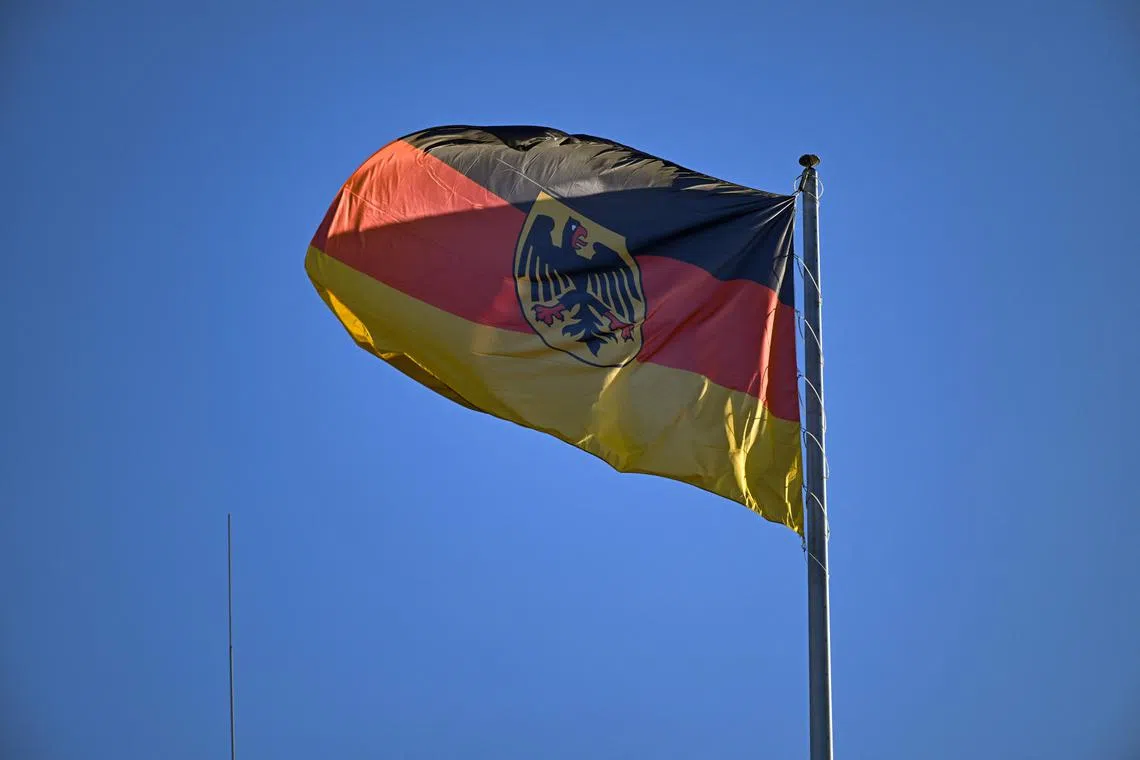

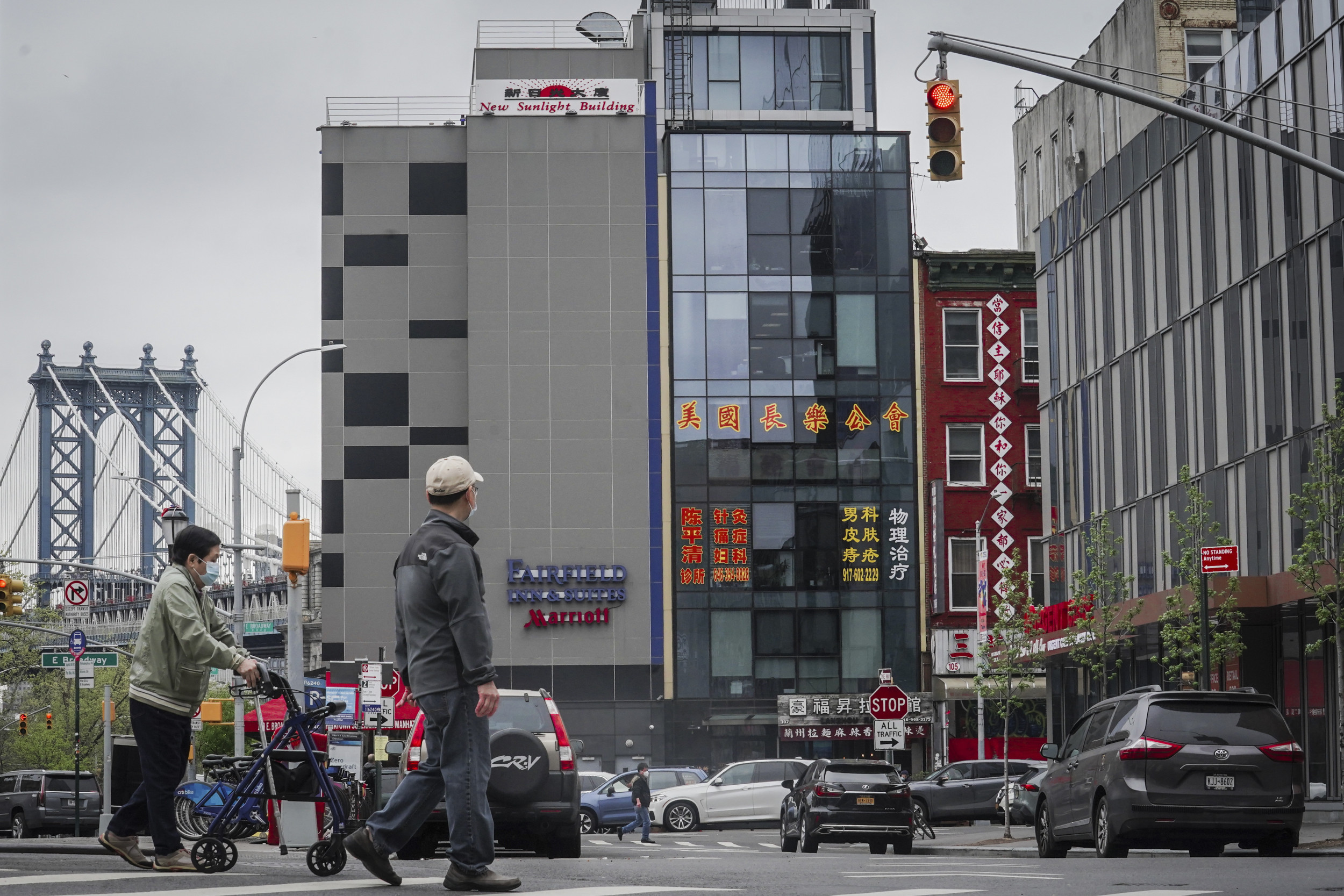



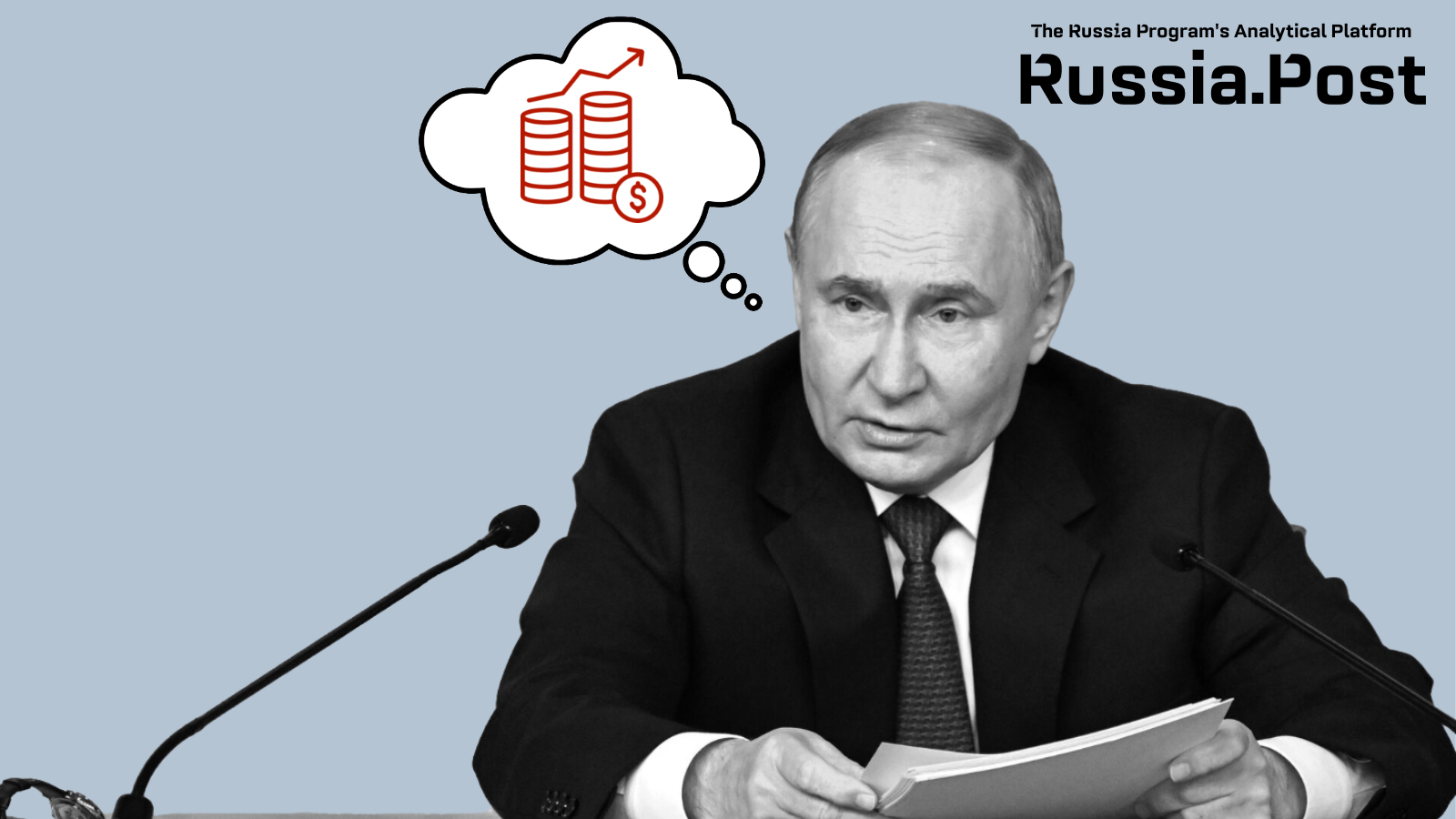
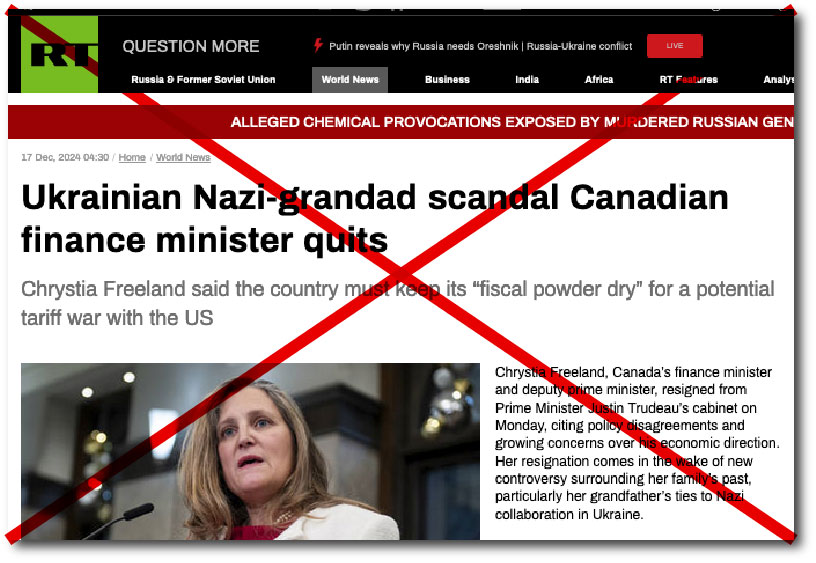

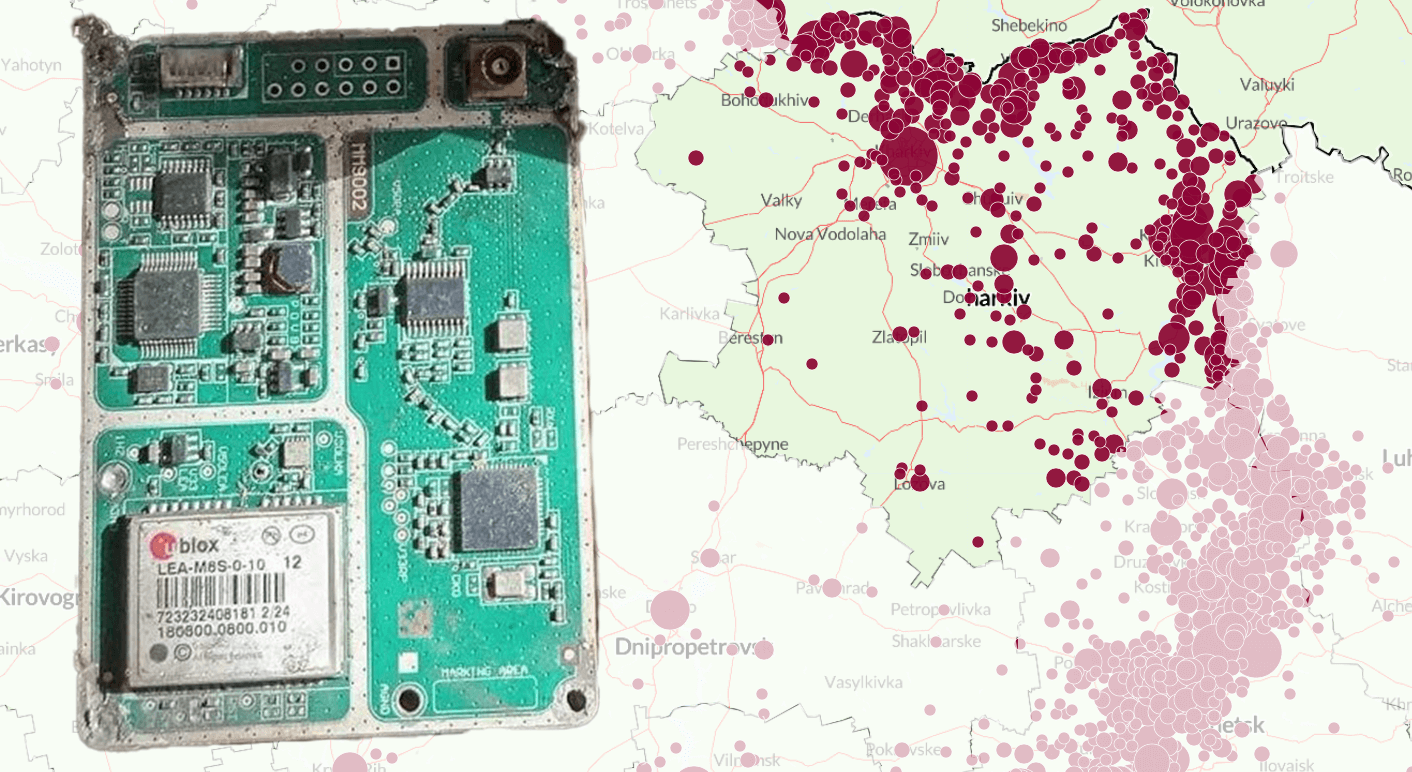




@Viri4thus@feddit.org
No, Chomsky and Herman don’t apply here, It was Russia that started the war. The aggressor is Putin’s Russia. The “manufactured consent” -if at all- works here only with the tankies and other derailed communities.
[Edit typo.]